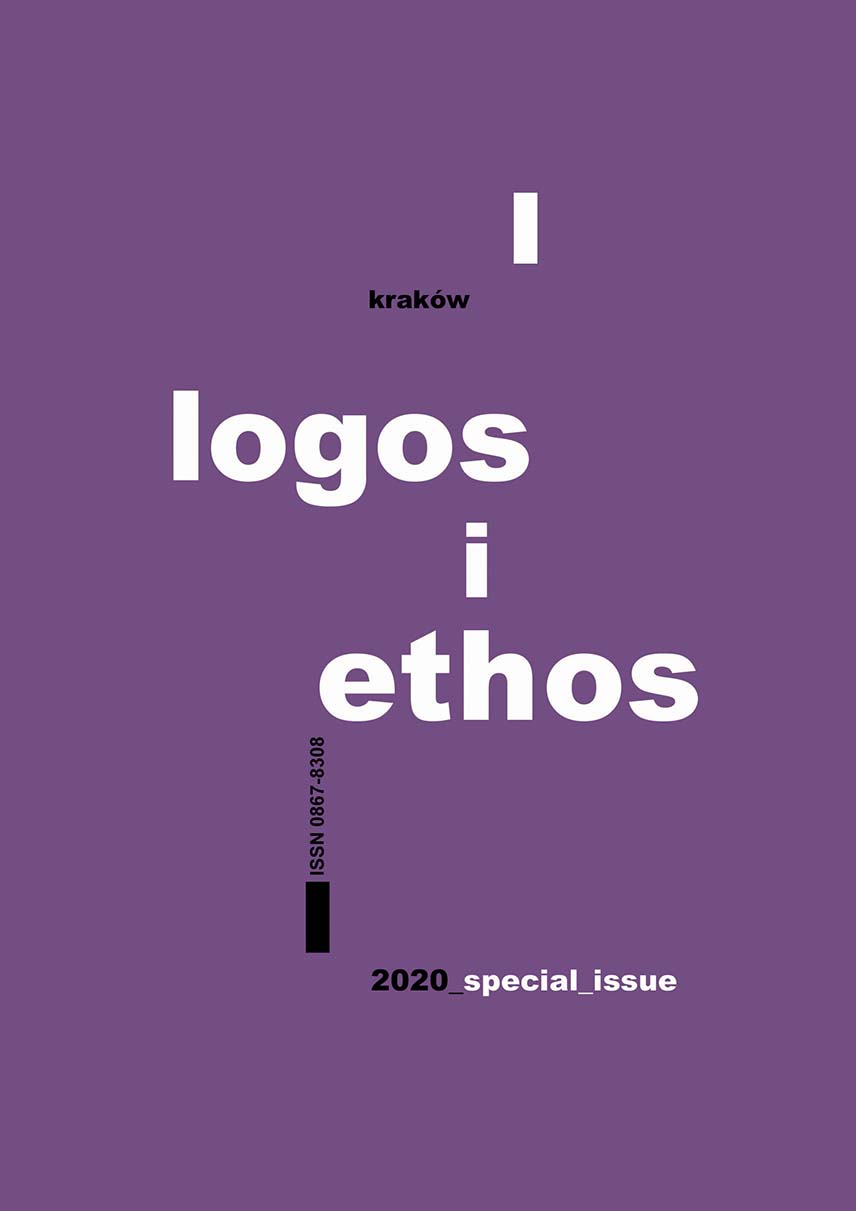Temperance and prudence as virtues of an effective altruist
DOI:
https://doi.org/10.15633/lie.3768Słowa kluczowe:
Effective Altruism, temperance, prudenceAbstrakt
The aim of the paper is to analyze the importance of two virtues: temperance and prudence for genesis of the Effective Altruism and practice of life of effective altruists, on the basis of philosophical works of two main representatives of the idea and movement: Peter Singer and William MacAskill. In the first part of the paper genesis of the movement and its basic assumptions are presented. Then, the paper focuses on the role of temperance and prudence in both theoretical refl ection on effective altruism and practice of life of people identifying themselves with the movement, with reference to Aristotle’s understanding of the virtues. It is argued, that these virtues are crucial in the practice of life of an effective altruist. In the last part the paper focuses on the idea that Effective Altruism is in a sense an alternative to consumerism and can play a role in bringing mentioned virtues back into public life.
Bibliografia
Arystoteles, Etyka nikomachejska, trans. D. Gromska, Warszawa 2008.
Bostrom N., Existential Risk Prevention as Global Priority, “Global Policy” 4 (2013) issue 1, pp. 15–31.
Easterly W., The White Man’s Burden. Why the West’s Efforts to Aid the Rest Have Done so much Ill and so Little Good, New York 2006.
Givewell.org: http://www.givewell.org/about/impact (17.09.2016).
Leszczyński A., Eksperymenty na biednych. Polityczny, moralny i ekonomiczny spór o to, jak pomagać skutecznie, Warszawa 2016.
Lewandowski W., Przyszłość i odpowiedzialność. Problem uzasadnienia odpowiedzialności za przyszłe pokolenia we współczesnej etyce, Lublin 2015.
Liberman A., Effective Altruism and Christianity: Possibilities for Productive Collaboration, “Essays in Philosophy” 18 (2017) issue 1, pp. 2–24.
MacAskill W., Doing Good Better. A Radical New Way to Make a Difference, London 2015.
McMahan J., Philosophical Critiques of Effective Altruism, “The Philosophers’ Magazine” 2016 issue 73, pp. 92–99.
Mysona Byrska J., Odpowiedzialność konsumenta w świecie konsumpcji, in: Społeczna odpowiedzialność gospodarki. Perspektywa interdyscyplinarna, ed. S. Fel, Lublin 2014, pp. 149–158.
Mysona Byrska J., Wpływ wartości świata konsumpcji na sferę publiczną, “Filo-Sofija” 15 (2015) no. 29 (2/I): Z problemów współczesnej filozofii, pp. 105–114.
Parfi t D., Racje i osoby, trans. W. M. Hensel, M. Warchala, Warszawa 2012. Podręcznik efektywnego altruizmu, ed. R. Carey, joint translation, Warszawa 12.
Singer P., How Are We to Live. Ethics in an Age of Self-Interest, New York 1997.
Singer P., The Most Good You Can Do. How Effective Altruism Is Changing Our Ideas About Living Ethically, New Haven–London 2015.
Singer P., Why and how of Effective Altruism, https://www.ted.com/talks/peter_singer_the_why_and_how_of_e/ective_altruism (17.09.2016).
Singer P., Życie które możesz ocalić, trans. E. De Lazari, Warszawa 2011.
Słownik filozofii, ed. J. Hartman, Kraków 2004.
Słownik języka polskiego PWN, http://sjp.pwn.pl/slowniki/rozs%C4%85dek.html (accessed 18.09.2016).
Synowiec J., Ethics for Everyday Heroes – from Utilitarianism to Effective Altruism, “Ethics & Bioethics” (in Central Europe) 6 (2016) issue 3–4, pp. 147–156.
Żuradzki T., Granice troski o przyszłe pokolenia, “Diametros” 26 (2010), pp. 206–225.
Pobrania
Opublikowane
Numer
Dział
Licencja
Prawa autorskie (c) 2021 Jakub Synowiec

Utwór dostępny jest na licencji Creative Commons Uznanie autorstwa 4.0 Międzynarodowe.
Autorzy publikujący w czasopiśmie udzielają jego wydawcy zgody o następującej treści:
- Autor zachowuje autorskie prawa majątkowe do utworu, a jednocześnie udziela wydawcy czasopisma zgody na jego pierwszą publikację w wersji drukowanej i wersji online na licencji Creative Commons Uznanie autorstwa 4.0 Międzynarodowe oraz zgody na wykonywanie opracowań, w tym przekładów.
- Autor ma możliwość udzielania zgody niewyłącznej na opublikowanie utworu w wersji, która ukazała się w czasopiśmie (np. zamieszczenia go w repozytorium instytucjonalnym lub opublikowania w książce), wraz z informacją o jego pierwszej publikacji w czasopiśmie.
- Autor może umieścić swój utwór online (np. w repozytorium instytucjonalnym lub na swojej stronie internetowej) jeszcze przed zgłoszeniem utworu do czasopisma.

